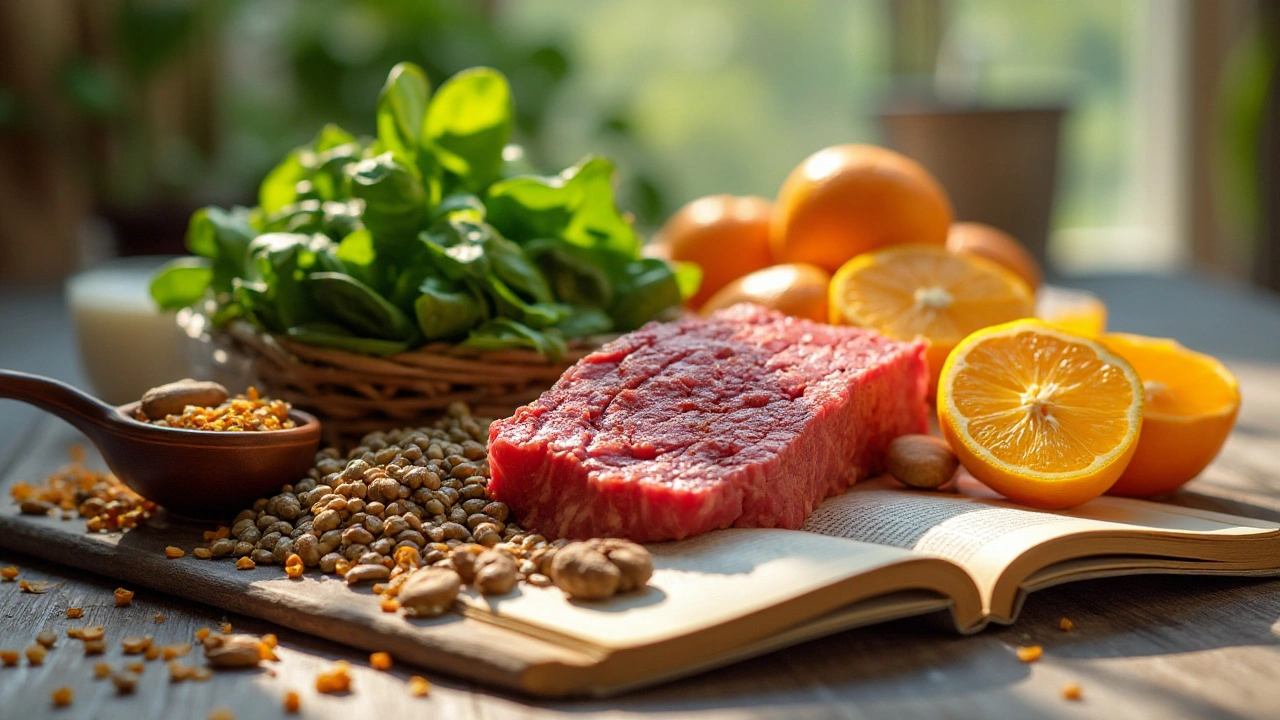Folic Acid: What You Need to Know for IVF and Pregnancy
If you’re planning an IVF cycle or just thinking about getting pregnant, folic acid should be on your radar. It’s a B‑vitamin that helps your body make new cells. That means it supports the early stages of embryo growth and reduces the chance of birth defects.
Why Folate Matters for IVF Success
During IVF, embryos are created outside the body before being transferred back in. Those tiny cells need a lot of DNA building blocks, and folic acid provides exactly that. Studies show women who take the right amount have better implantation rates and fewer miscarriage worries.
The real win is that folic acid also lowers the risk of neural tube defects (like spina bifida) if the pregnancy continues. Doctors often recommend a daily supplement before you even start ovarian stimulation, because the first few weeks are critical for the baby’s spine and brain development.
How Much to Take and When to Start
The common dose is 400‑800 µg (micrograms) per day. If you have a history of birth defects or a low‑folate diet, your doctor might suggest up to 1 mg. Start the supplement at least one month before IVF begins and keep it going through the first trimester.
Take the pill with food to avoid stomach upset. If you’re already on prenatal vitamins, check the label – many combine folic acid with iron and other nutrients, which is handy.Don’t overdo it. Very high doses (over 5 mg) can hide a B12 deficiency and cause nerve problems. Stick to what your doctor says.
Food Sources That Boost Your Folate Levels
You don’t have to rely only on pills. Dark leafy greens like spinach, kale, and broccoli are rich in natural folate. A cup of cooked lentils gives you about 350 µg, while a half‑cup of fortified cereal can hit the 400 µg mark.
Try adding a side salad to your meals or swapping white rice for quinoa. Citrus fruits, avocados, and nuts also chip in. The key is variety – the more colors on your plate, the better your folate intake.
Safety Tips and Common Questions
Can I take folic acid with other meds? Most prescriptions are fine, but blood thinners like warfarin may need monitoring. Always tell your fertility doctor about every supplement you use.
What if I miss a dose? No big deal. Just take the next one at your regular time. Don’t double up because that won’t help and could cause nausea.
Is folic acid the same as folate? Folate is the natural form found in foods; folic acid is the synthetic version used in supplements. Both work, but the body converts folic acid into the active form.
Bottom line: getting enough folic acid is a simple step that can make a big difference for IVF outcomes and early pregnancy health. Start early, stick to the recommended dose, and fill your plate with folate‑rich foods. Your future baby will thank you.

Iron-Folic Acid Benefits and Smoking Dangers on Human Health
Iron and folic acid are essential nutrients that play crucial roles in maintaining good health. Smoking, on the other hand, poses significant health risks. This article delves into the positive impacts of iron and folic acid and contrasts them with the negative effects of smoking, providing valuable tips for a healthier lifestyle.